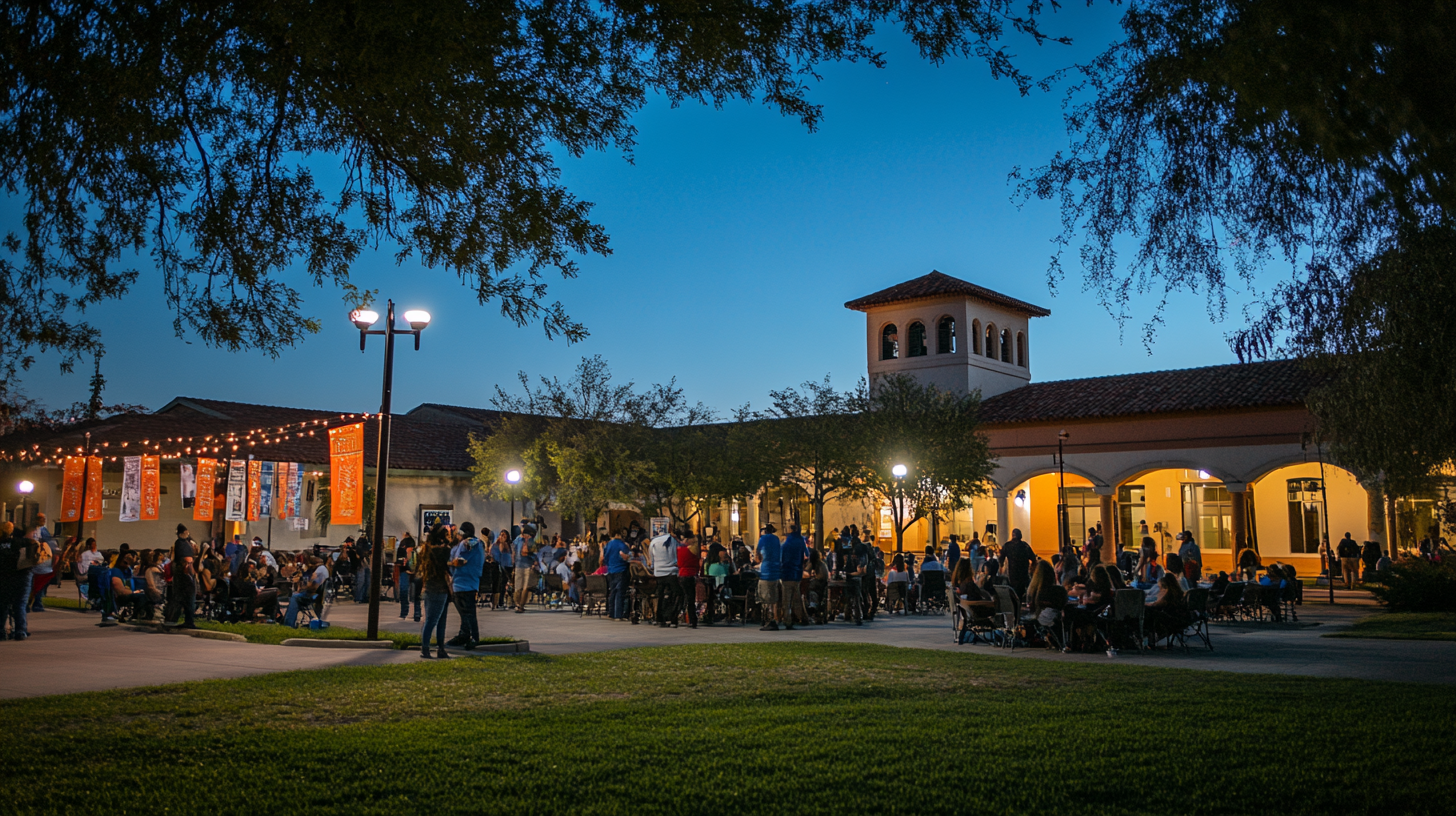Los Fresnos Bakery Owners Plead Not Guilty to Harboring Indictment
In a recent development that has captivated the Rio Grande Valley community, the owners of a beloved Los Fresnos bakery have pleaded not guilty to charges of harboring undocumented immigrants. This case highlights the ongoing challenges South Texas faces with immigration policy enforcement, affecting both Valley residents and the local economy.
The Case at a Glance
On Tuesday, the bakery owners, Luis and Maria Hernandez, appeared in federal court to address charges relating to the illegal employment and housing of undocumented workers. According to court documents, the couple allegedly employed several undocumented immigrants at their bakery, providing them with temporary housing arrangements.
The indictment claims that the Hernandezes knowingly harbored these individuals, violating federal immigration laws. Both owners have firmly denied the charges, asserting their commitment to lawful business practices. “We treat all our employees like family and follow the law. We’re confident that the truth will come out,” said Luis Hernandez in a statement outside the courthouse.
Community and Economic Context
The alleged actions have sparked discussions about the broader economic and social impact on the RGV community. Los Fresnos, like many towns in the Valley, has a significant number of businesses that rely on migrant labor. These workers are integral to the local economy, contributing significantly to various industries, including agriculture and food services.
Local economist Dr. Elena Ramirez from South Texas College highlights the potential ramifications of this case. “Small businesses are the backbone of the Valley’s economy. If more businesses face scrutiny without understanding the local employment dynamics, it could have chilling effects,” she explained.
Reactions from Valley Residents
The allegations against the bakery owners have elicited mixed reactions from Valley residents. Some community members express concern over the enforcement’s impact on local businesses, while others emphasize the need for adherence to legal standards.
Rosa Chavez, a long-time customer, commented, “Luis and Maria have always been kind to everyone, providing jobs to those in need. Everyone knows them for their generosity.” Meanwhile, another resident, Gabriel Torres, argues, “We can’t ignore laws. There must be fair processes for employment, and we need to support legal rights for all workers.”
Connections to Past and Ongoing Issues
The case links to broader, ongoing debates surrounding immigration enforcement in South Texas. The valley has traditionally been a focal point in national discussions on immigration due to its proximity to the U.S.-Mexico border. Previous local cases involving businesses employing undocumented workers have sparked similar debates and draw attention to the complexities local businesses face.
This situation emerges amid heightened immigration enforcement actions across the country, raising concerns about their impact on areas abundant with cultural and economic exchanges like the RGV.
Future Implications
The legal proceedings against the Hernandezes are likely to underscore the need for clearer guidelines and support systems for small businesses navigating employment law complexities. Advocacy groups are pushing for policies that address these challenges while ensuring fair treatment for undocumented workers.
La Union del Pueblo Entero (LUPE), a Valley-based civil rights organization, is advocating for more robust support for immigrant workers and business owners alike. Marisol Garcia, a LUPE representative, stated, “We want to ensure that justice considers the full economic and human context. Supporting fair immigration reform can safeguard workers and business owners.”
Legal Perspectives and Next Steps
Experts emphasize that cases like this require careful adjudication to balance law enforcement with community realities. “It’s essential for the court to consider all facts, including the cultural and economic backdrop of the RGV,” comments Nancy Rodriguez, a legal expert on immigration law.
The trial’s subsequent steps will involve thorough investigation and testimony, with community members and local advocates closely following developments. For those seeking to better understand the legal aspects of this case or seek guidance, RGV Legal Aid offers resources and information at their local offices.
In conclusion, as the Hernandez family prepares to defend their legacy and livelihood, the case symbolizes wider issues at play in the Rio Grande Valley — economic reliance on migrant labor, the necessity for robust business support, and the ongoing dialogue on immigration policy. As such, the RGV community stands at an intersection of legal, social, and economic pathways, awaiting outcomes that will inevitably shape its future.







